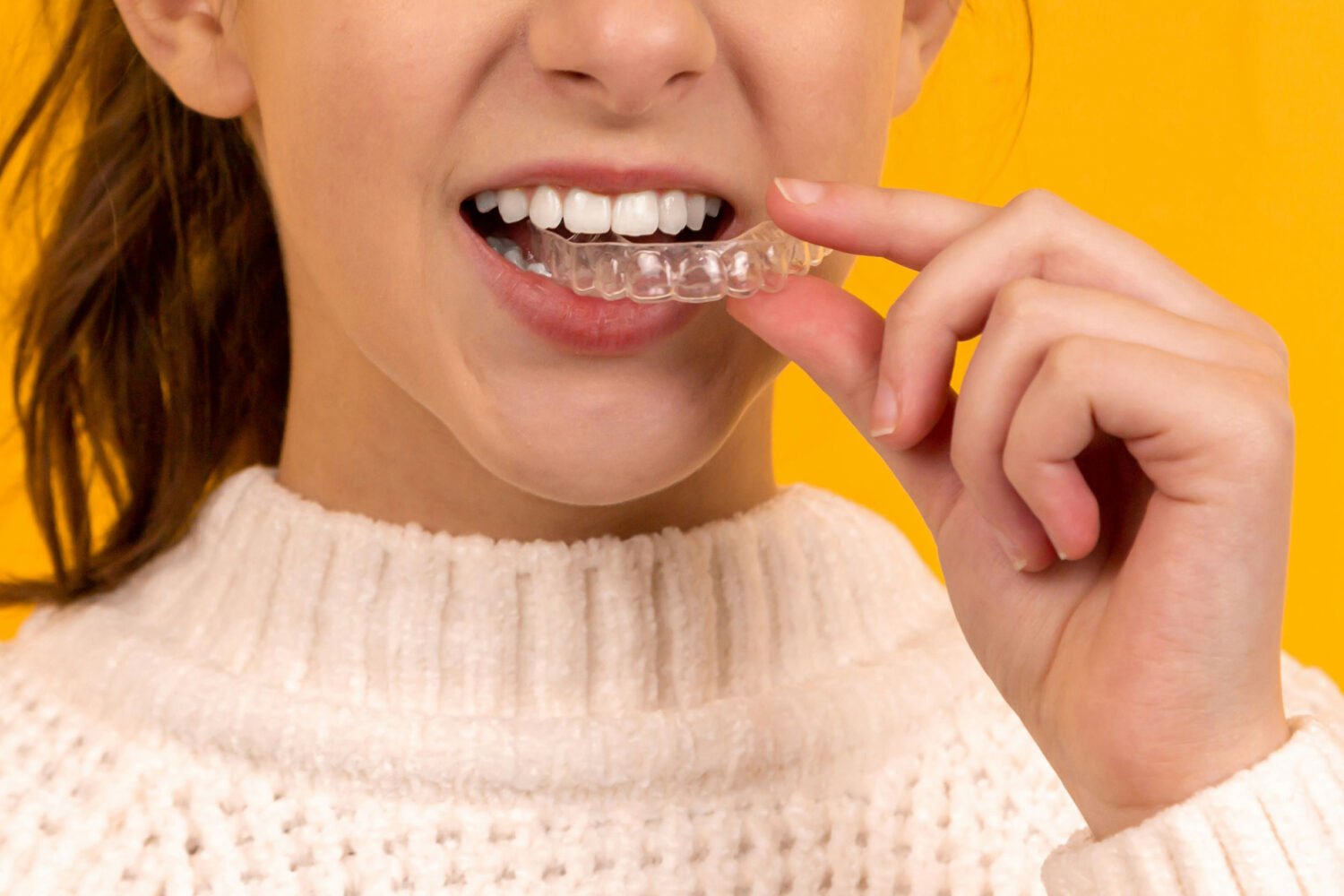More often then we’d like to admit, there are days when hitting the gym is the last thing we want to do. But now scientists say they’ve discovered a hormone that may actually motivate humans to exercise—and make them work harder as a result.
While conducting fitness tests on mice, Swiss researchers found that those who had high levels of the hormone erythropoietin (EPO) in their brains were more motivated to exercise and push themselves. EPO is a hormone produced by the kidneys that promotes red blood cell production, thus increasing oxygen capacity.
While EPO boosts (also called blood doping) are sometimes used among endurance athletes such as cyclists, long-distance runners, and triathletes to increase red blood cell counts and enhance performance, researchers note that the form of EPO used in their study did not elevate red blood cell counts. They waited four to six hours after injecting mice with EPO before making them do fitness tests on a rodent treadmill. This wait minimized the time period “in which EPO could stimulate red blood cell production in this mouse group,” researchers wrote.
For the experiment, mice either received no treatment or were injected with human EPO. The mice who had high amounts of the hormone in their brains performed better on the treadmill and lasted longer until exhaustion.
Researchers said their findings could lead to developments of an EPO pill that would provide “obvious benefits for a wide range of health problems ranging from Alzheimer’s to obesity, including mental health disorders for which increased physical activity is known to improve symptoms.”
In particular, the results show that EPO has an effect on a person’s mood. Therefore, EPO pills may prove beneficial for patients suffering from depression and other related diseases, too.
“If you can’t put exercise in a pill, then maybe you can put the motivation to exercise in a pill instead,” said Gerald Weissmann, editor in chief of the Journal of the Federation of American Societies for Experimental Biology, in which the study was published. “As more and more people become overweight and obese, we must attack the problem from all angles. Maybe the day will come when gyms are as easily found as fast food restaurants.”
The study is available at the FASEB Journal’s website.

















